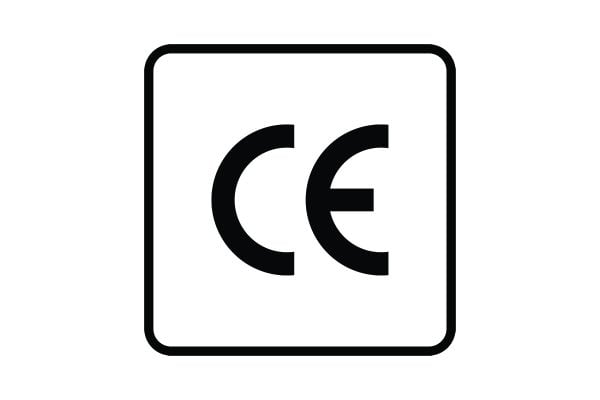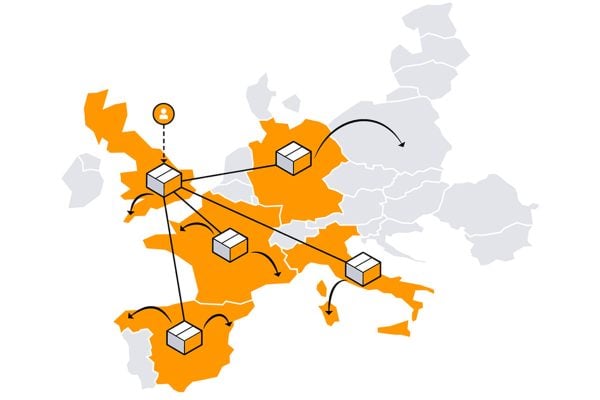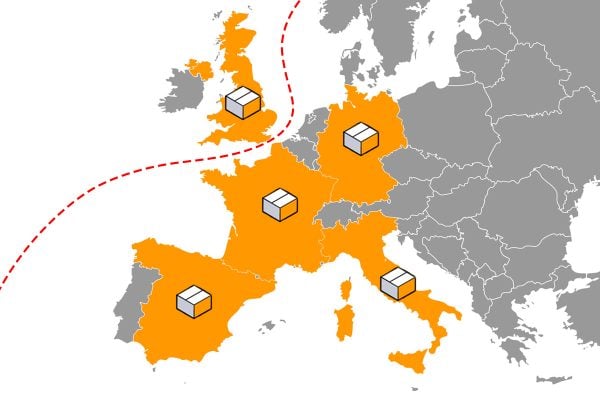The annual World Economic Forum in Davos brings together thousands of world leaders from business, politics, academia and media to exchange views on the state of the world. This year it attracted criticism for being full of the elite disconnected from the world at large.
With Brexit, Trump and various EU elections this year, it’s obvious that heavily served tech centres like London are pretty happy with the world whilst vast swathes such as the US rust belt, the old car manufacturing cities, are jobless and disenfranchised.
Paul Todd, eBay SVP EMEA, published his thoughts on the discussion Davos in a LinkedIn post. Paul points out that as artificial intelligence and connected devices proliferate, jobs will change, manual tasks will be handled by robotic machines and workers will need to be retrained for totally different careers.
Paul made two interesting points worth calling out:
Artificial intelligence (AI), the Internet of Things (IoT) and robotics/ autonomous systems “is starting to shift competitive advantage away from those whose strength is distribution to those who have content (big data).”
In the future it will no longer be sufficient to have a warehouse full of stock and a distribution system second to none. We’re already seeing cars that can tell us when they need a service and what’s wrong with them, buttons to click that can automatically reorder products and personal digital assistants which will order products and services for consumers. In this new world it doesn’t matter how great your logistics and warehousing is, your data and sharing it in the way consumers will access it is the key.
We’re at a point where technology and innovation no longer limit the scale and speed of change. The obstacle is society’s level of comfort and ability to adapt.
The second point worth considering is Paul’s assertion that we’re now seeing technology develop faster than we’re ready to adopt it. Sure, you might not mind a bit of wearable technology to measure your fitness, we all carry smartphones and we’re happy to make contactless or internet payments. It’s a different story when welders are replaced with robots or HMRC want access to our bank accounts to complete our tax returns. Then society starts to push back as whole industries become redundant and ‘Big brother’ becomes unwelcome.
The question we should all be asking ourselves is what does the future hold for our businesses. Five years ago when Sue died and Dan joined Tamebay he told me I had to quit selling on eBay and run Tamebay as a full time career. Looking back it was the right move and my eBay business simply wouldn’t work today. I made money by selling computer accessories such as modems, ethernet cards and WiFi cards for laptops. No one buys them today as they’re all built in. Even the laptops themselves are so low cost there’s often little difference between buying second hand or upgrading and buying new.
The world has changed. That’s why, no matter how much of a pain it is, eBay are insistent sellers enter endless Item Specifics and Product Identifiers (Manufacture, Part number and GTIN). Other marketplaces are doing the same and it should come as no surprise that Google and other search engines demand this data too. eBay aren’t demanding this data to fix a broken search engine, they absolutely have to collate it or they simply won’t survive the new technology age.
You can read Paul Todd’s full post on LinkedIn










One Response
Re Chris Dawson report 9 Feb re Paul Dawson post – last paragraph: Yes, I understand. But bringing the world down to my level for a moment – a tiny eBay Biz – the subject of product identifiers is a nightmare. I have products with EANs that start with several zero’s, so they are not accepted, I have EANs not current now connected to disrelated products (at least as per the searches I have done on product identifier search engine), I have products that just don’t have ’em for whatever reason or because they are used products and a few other “non-standard” examples. I have put a decent amount of time into this and I also contacted eBay. I was told 2 things: A) It is not possible to have EANs such as I have described (well, I have them and they include my biggest sellers) and B) Contact the manufacturers to get them – sound fair, but unreal when most of what I buy is one off or vintage, companies that no longer exist and sundry other examples. I haven’t figured out how to deal with this, I’ve put hours into it so far.